|
Getting your Trinity Audio player ready...
|
Table of Contents
The English language has taken another leap into the digital age. Cambridge Dictionary has officially added more than 6,000 new words and phrases to its collection this year, with many drawn directly from internet culture and social media trends. Among the most eye-catching additions are “skibidi” and “tradwife,” terms that have gained traction among younger audiences online.
Internet Culture Meets the Dictionary
“Skibidi” is a playful gibberish word popularized by a viral animated YouTube series, Skibidi Toilet. The term has no fixed meaning but is often used to express something “cool” or, conversely, “bad,” depending on the context. It can also be dropped into conversation purely as a joke. An example Cambridge highlights is: “What the skibidi are you doing?”
The word recently crossed into celebrity culture when reality TV star Kim Kardashian shared an Instagram post featuring a necklace engraved with the phrase “skibidi toilet.”
“Tradwife,” meanwhile, is a contraction of “traditional wife” and refers to women who embrace traditional domestic roles, often showcasing their lifestyle on social media. The term has sparked debate around gender roles and modern feminism, making its entry into the dictionary particularly timely.
Capturing the Language of Today
Colin McIntosh, lexical programme manager at Cambridge University Press, said the updates reflect the rapid evolution of the way people communicate.

“Internet culture is changing the English language and the effect is fascinating to observe and capture in the dictionary,” McIntosh explained.
The additions demonstrate how memes, social platforms, and online communities are shaping everyday vocabulary at an unprecedented pace.
From “Delulu” to “Mouse Jiggler”
Some of the new words represent shortened forms of familiar terms. For instance, “delulu,” a slang twist on “delusional,” describes the belief in something untrue, often willfully.
Workplace culture also makes an appearance. With remote working now a fixture in many industries, “mouse jiggler” has joined the dictionary. The term describes a device or software that keeps a computer cursor moving to simulate productivity while someone is away from their desk.
The Rise of Tech-Inspired Jargon
Other additions reflect the growing influence of technology and the power of a small elite in shaping the modern world. One example is “broligarchy,” a portmanteau of “bro” and “oligarchy.” The word refers to a small, wealthy, and predominantly male group of tech leaders who wield significant political and economic influence.
The term has already been applied to figures such as Jeff Bezos, Elon Musk, and Mark Zuckerberg, who were famously seen together at Donald Trump’s inauguration in 2017.
Why It Matters
Language experts argue that dictionaries serve as living records of culture, capturing not just words but also the moments and movements that inspire them. By adding these terms, Cambridge acknowledges how digital life, from YouTube memes to remote work hacks, has reshaped the way we talk.
For younger generations, these entries validate the expressions they use daily online. For scholars and educators, the updates provide fresh material for studying how language evolves in the internet era.
As online platforms continue to accelerate trends, dictionaries will likely see even faster cycles of new entries in the future. What once took years to become standard English can now happen in months, thanks to the viral nature of social media.
McIntosh believes this evolution is only just beginning. “The English language will keep expanding as technology and culture evolve, and our role is to document that journey faithfully,” he said.
The 6,000 new additions in 2025 may soon be joined by thousands more, reflecting an increasingly global, digital, and fast-moving society.
Read Also: AI Revolution in Education: African Universities Urged to Catch Up or Risk Falling Behind



